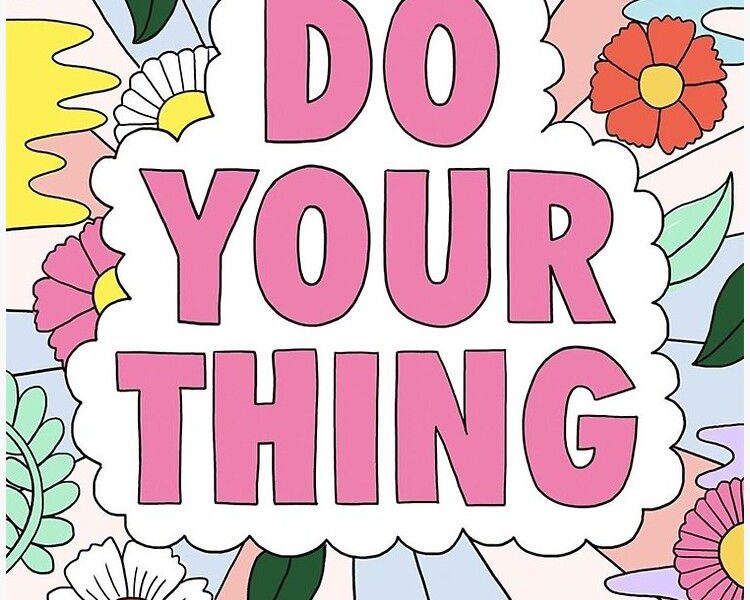Me and my friends came up with an idea and decided to start a business. Starting a business is not really an easy thing anyway, with partners it’s usually even tougher. Starting a business with friends (or partners) can ruin the friendship if done wrong and can be a very difficult thing if certain things aren’t taken into account. I won’t get into the difficulties of starting a business, but I’ll focus on starting with partners (or friends).
DO NOT start working without laying the cards out first!
Back to my story: I was taking to my friends about the idea I have and asked if they want to join in, said that everyone is welcome as long as they have ways to contribute. So we started are plan of the product, concept and action plan. Before we went any farther I clearly notified that the percentage division will be unequal. It wasn’t accepted. Why did I do that, I mean, we’re all friends aren’t we? Yes, we’re friends (or acquaintances if it’s just business partners), but when it comes to business, the starting percentage division should be according to a number of parameters:
1) Roles
Each partner takes a certain role, whether it’s marketing, finances, concept design etc.
The fact of the matter is; A starting business might not need all of the existing roles at the beginning, and someone with capabilities at that field might be unnecessary at that point. For example, a local bakery doesn’t need an international relations manager, even though someone has that particular expertise. Define the required roles to start the business until it can turn profit. Those are the only roles that will be applied to the partners at the beginning. Everything else will be defined when the ROI starts kicking in.
2) Work Distribution
The roles needed are defined, Great! What now?
If someone has expertise on a role subject, that person should take that position. If there’s more than one they can split the work or take on a different role. After all the experts taken their role, distribute the rest of the work by workload of each person.
3) Concept & Business Ownership (this was not the case here though)
The side approaching for partnership, usually comes with an idea and sometimes with a company already existing. That side is the one controlling the negotiation, how much of his business he’s willing to give up on for the partnership to exists.
Now to the uneven division:
If someone does less than you until the business turns profit, he should receive less percentage of control. Since once the business makes money, the people taking part will start to receive a salary or replaced by an external person on a salary. Once the business makes profit, the owners can basically replace themselves with external managers and workers, thus, the initial workload defines the ownership percentages.
That said, usually the original owners continue to work for the company, taking the salary for their title, and the dividends for the ownership.
After saying that, one of the friends was upset. In his opinion he deserved an equal share. His point of view is understandable – “I’m one of the starting partners, at the beginning we’re all equal and that’s why I should get an equal share”.
The thing is, I estimated his workload at much less than 10% which is what was offered to him. This is since he doesn’t have the expertise needed to take the role the other partners take.
I asked, “Can you please explain what will be the work you will do, and how does that worth equal share?”, always give the other side an option to change your mind and show you different aspects that he’s needed for.
He couldn’t convince me and the other partner about the subject and decided not to take the 10% at this point. We’ve came to the mutual conclusion that he should be excluded from the partnership at this point, and if his services will be required in the future, we’ll contact him again.
This is a dear friend of mine, but the important thing was that we’ve dealt with the issue in a professional way at the beginning, before doing ANY work at all.
If that problem had risen after we’ve already put a lot of work into the product, there would’ve been no way out of this, and our friendship could’ve been at risk.
This applies to friends and to “just business partners”, that’s because after you start putting work and hours in, it will be very difficult to negotiate terms, since everyone already set their mind and probably won’t change it easily.
I hope this help you!
See you in the next post,
Dekel


